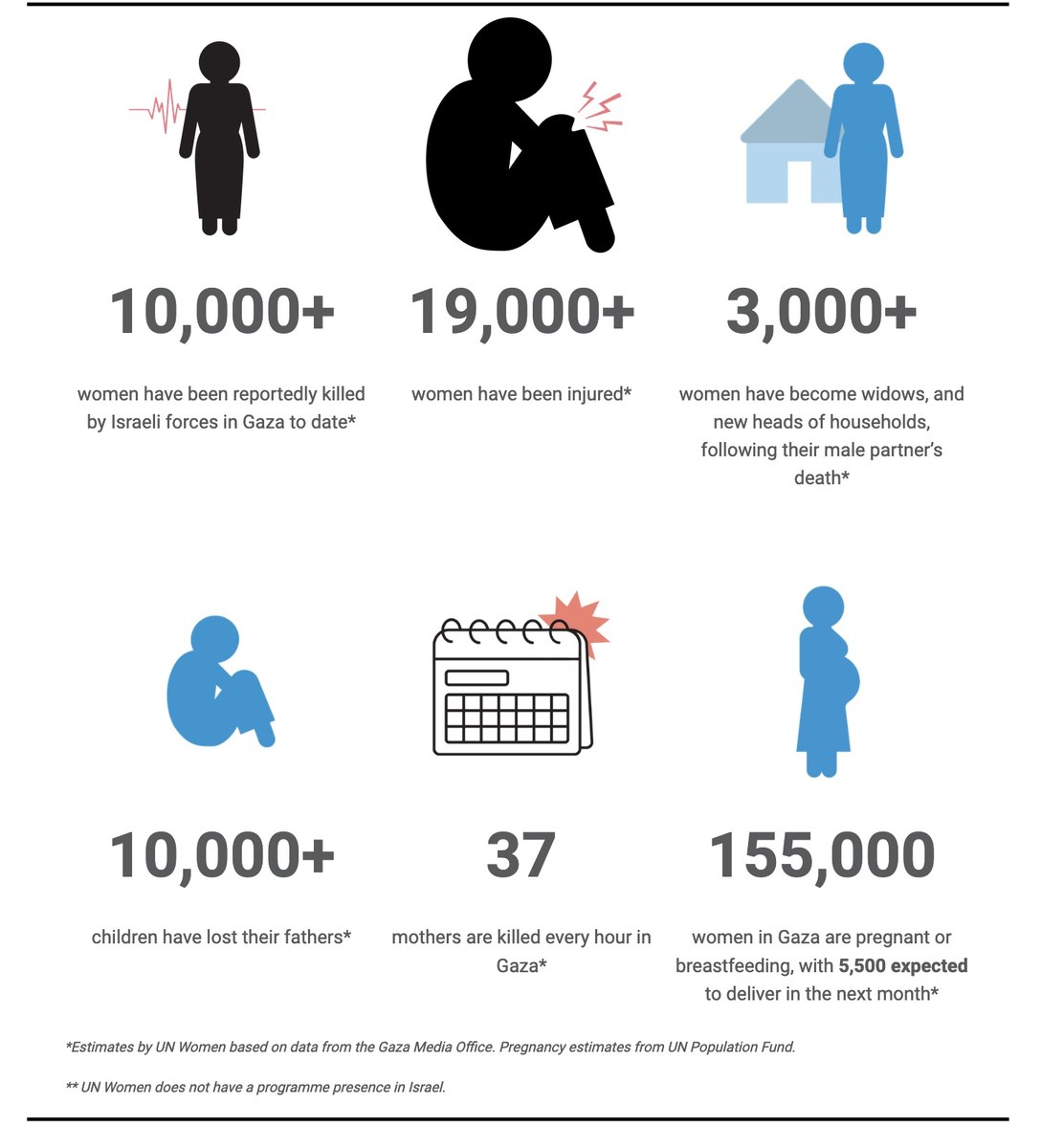NEW YORK CITY: Returning from a mission to the Gaza strip, an official from UN Women said that despite more 50 visits to the enclave in the six years since she took up her position, including one during the 2021 war, “nothing prepared me for the total destruction and inhumanity that I saw.”
Speaking in Jerusalem on Thursday, Maryse Guimond, the agency’s representative in the Occupied Palestinian Territories said that what she witnessed exceeded her worst fears about the plight of women and girls living in Gaza, some of whom she has worked with for many years.
“It was unbearable to witness the daily escalation of violence and destruction of a war on women, with no end in sight,” Guimond said, her voice choked by emotion.
She said wars are never gender-neutral and that is “undoubtedly” the case in Gaza, where a million women and girls are bearing “the worst brunt of nine months of war.”
Guimond added: “They are losing their lives. They are sick, hungry, exhausted, holding families together despite their constant fear and loss. Each woman I met has a story of loss.”
UN Women said more than 10,000 Palestinian women have lost their lives in the war, which is now in its 10th month, more than 6,000 families have lost their mothers, and nearly a million women and girls have lost loved ones and “their life memories.”
“Gaza is more than 2 million stories of loss,” said Guimond. “Women in Gaza are living in constant movement, constant fear, being constantly chased.
“There are no safe places to be a woman in Gaza, where nine out of 10 people are displaced.”

UN Women infographic
Almost a million women and girls have been displaced several times, forced to move to ever-smaller areas where they become targets of attacks and bombings, she added.
“They move with no cash, with no possessions and with no clue how and where they’re going to live,” said Guimond.
“Many women told me that they will not move again, as it does not make a difference for their safety or survival.”
Gazans have endured 18 waves of displacements, with no guarantee of any safety for anyone, she added.
When she arrived in the battered Strip on her latest visit, Guimond said she did not recognize it as the Gaza she once knew.
“I entered the world of devastation and total deprivation; mosques, hospitals, shops, schools, universities have been destroyed,” she said.
“Crowds of men, women and children trying to survive in makeshift tents and overcrowded shelters surrounded by rubble and total destruction, amid the continued sounds of fighting and drones.”
She said she barely recognized women she had known before the war: “The last nine months are embedded on their faces, on their bodies.”
UN Women estimates 557,000 Palestinian women are suffering from acute food insecurity. Guimond said that these women are “eating the last and the least” among their families, and “skipping meals and not eating healthy food for months and months.”
She praised the women of Gaza for their “remarkable strength and humanity in their struggle to survive with hope and solidarity, despite the devastation.
“I have met amazing women who are taking care of their families and their community in the face of starvation, of death and disease, of displacement.”
She called on the international community to support the work of women-led organizations in Gaza, and ensure there are places for women at the table when decisions are being made.
“The question is not what women need, the question should be what they don’t need,” said Guimond. “Women don’t want to die. They don’t want to bury their loved ones. They don’t want to be left alone to suffer.”
She also echoed calls by UN Secretary-General Antonio Guterres for an immediate ceasefire in Gaza, the opening of all land crossings to grant full access to the territory for the delivery of humanitarian aid, and for all Israeli hostages to be released.
















